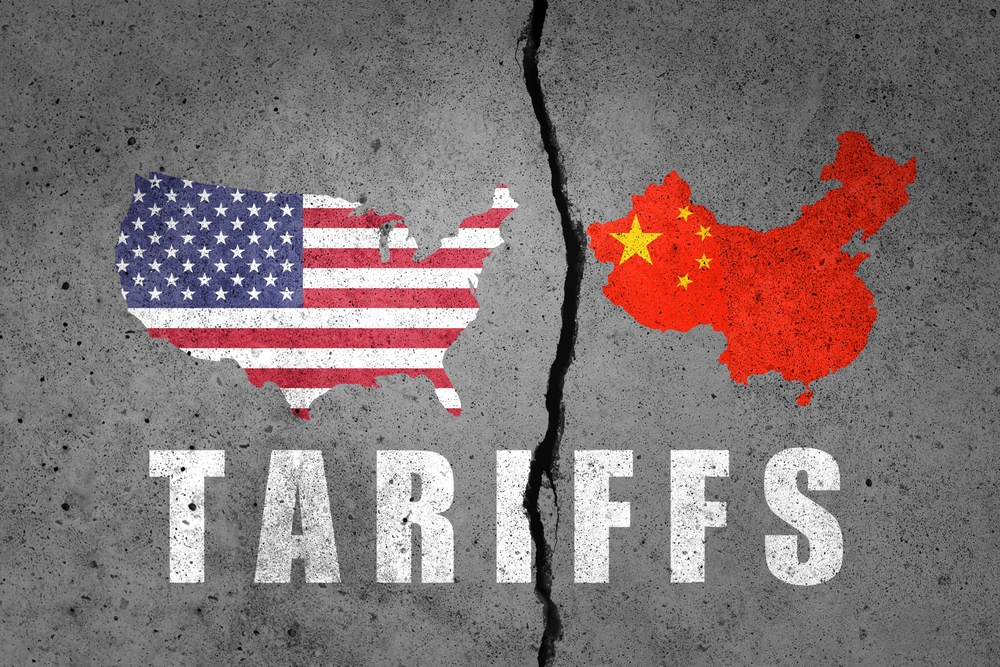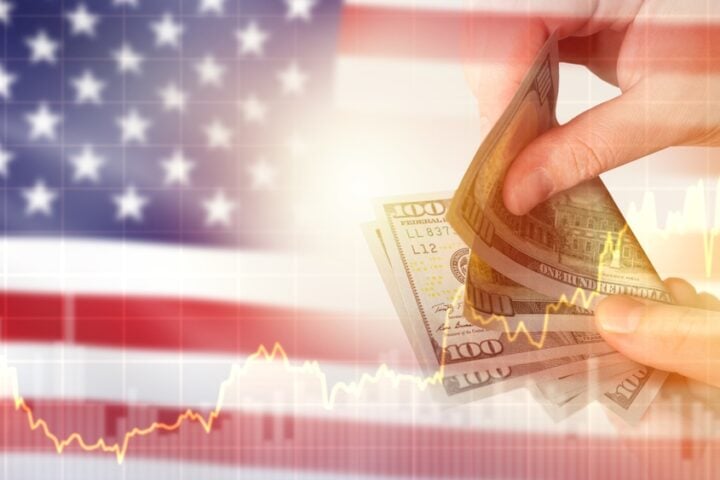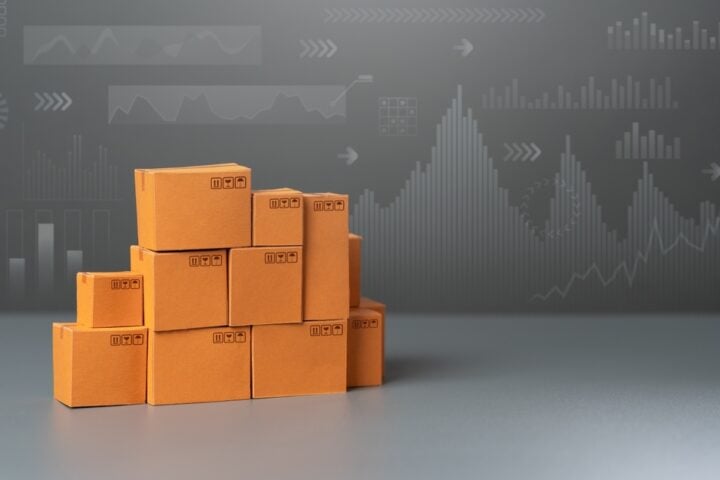Retailers are warning that President Trump’s continued tariffs on China could result in empty store shelves and supply chain disruptions similar to those seen during the COVID era. After the imposition of a 145% tariff on nearly all Chinese imports this month, companies have been forced to cancel shipments and halt new orders from China. The Port of Los Angeles is expecting a 33% drop in freight vessel arrivals, further highlighting the impact of these tariffs on U.S. imports.
Impact of Tariffs on Retailers
The uncertainty surrounding these tariffs has raised concerns about the availability of goods, especially for the upcoming back-to-school and holiday shopping seasons. Jonathan Gold, vice president of supply chain and customs policy for the National Retail Federation, noted that retailers are struggling to properly order and price products due to the uncertainty caused by the tariffs. This is particularly troubling for U.S. consumers, who may face a limited selection of goods in the coming months.
Increased Costs and Potential Price Hikes
The tariffs are not only causing shipping delays but also increasing costs for retailers. A U.S.-based company importing an item valued at $100 from China now faces a tariff fee of at least $145. This additional cost is threatening profit margins, with many companies considering price hikes or potentially selling products at a loss. Retailers like Target have already halted orders, and smaller businesses, such as pet product company Bundle x Joy, are facing substantial tariff bills, putting their financial stability at risk.
Concerns About Product Shortages
As a result of these tariff hikes, a variety of products—especially those manufactured in China—could face shortages in U.S. stores. Lower-cost items such as footwear, apparel, toys, and electronics are most likely to be affected. Sean Stein, president of the U.S.-China Business Council, warned that just like during the pandemic when items like toilet paper were in short supply, retailers will soon be facing a similar situation with a broader range of products.
Trump Administration’s Response and Future of Tariffs
The Trump administration is aware of the potential for product shortages, particularly as the holidays approach. While President Trump has expressed the possibility of reducing tariffs, no formal actions have been taken. This has left many businesses uncertain about how to proceed with their orders. The long-term impact of tariffs on consumer goods remains unclear, but the immediate effect is creating significant disruptions in the supply chain.
Supply Chain Bottlenecks
If the tariffs continue at their current levels, there is a risk that thousands of containers of goods could go unclaimed at U.S. ports, causing further delays. This could lead to congestion at ports similar to what was experienced during the COVID pandemic. Dean Croke, principal analyst at DAT Freight and Analytics, noted that reduced imports could negatively affect trucking capacity, potentially leading to a shortage of drivers in the future.
Looking Ahead: Economic Impact
Even if President Trump were to reduce tariffs, it could take weeks or months for the supply chain to return to normal. The reduced flow of imports will likely affect the broader shipping industry, leading to excess capacity in the trucking market and a potential decrease in truckers’ pay. This, combined with a slowdown in other sectors such as manufacturing and homebuilding, could contribute to a shortage of drivers later this year.







